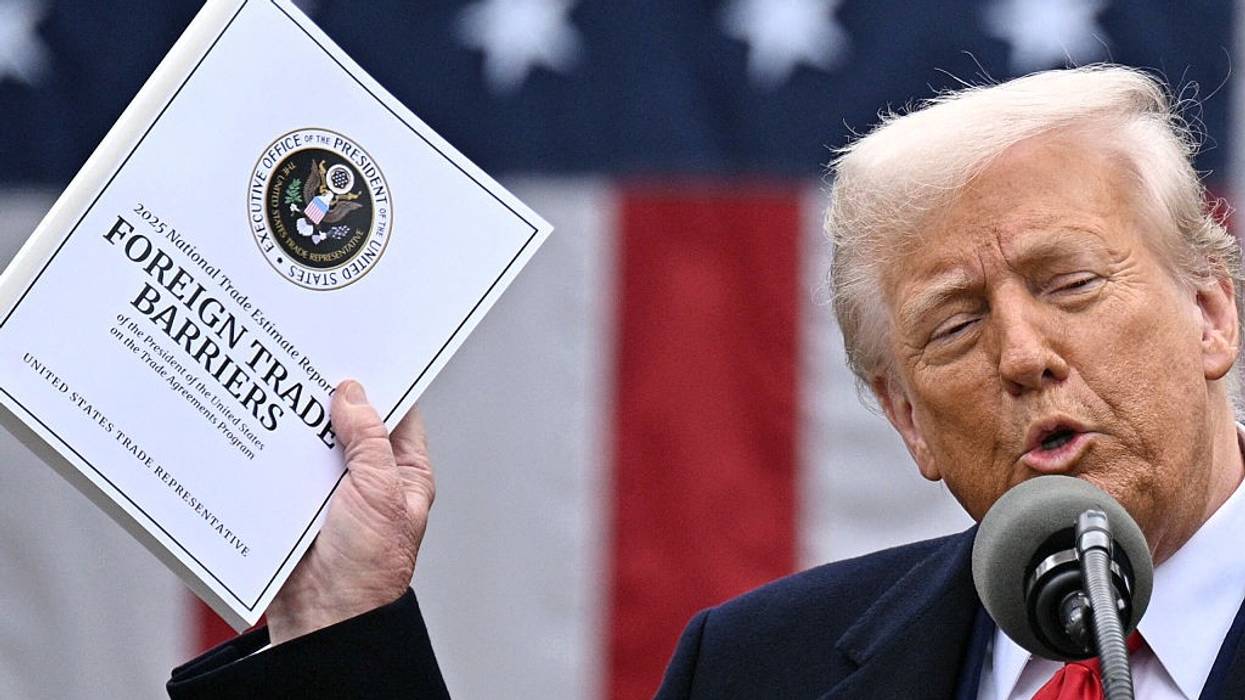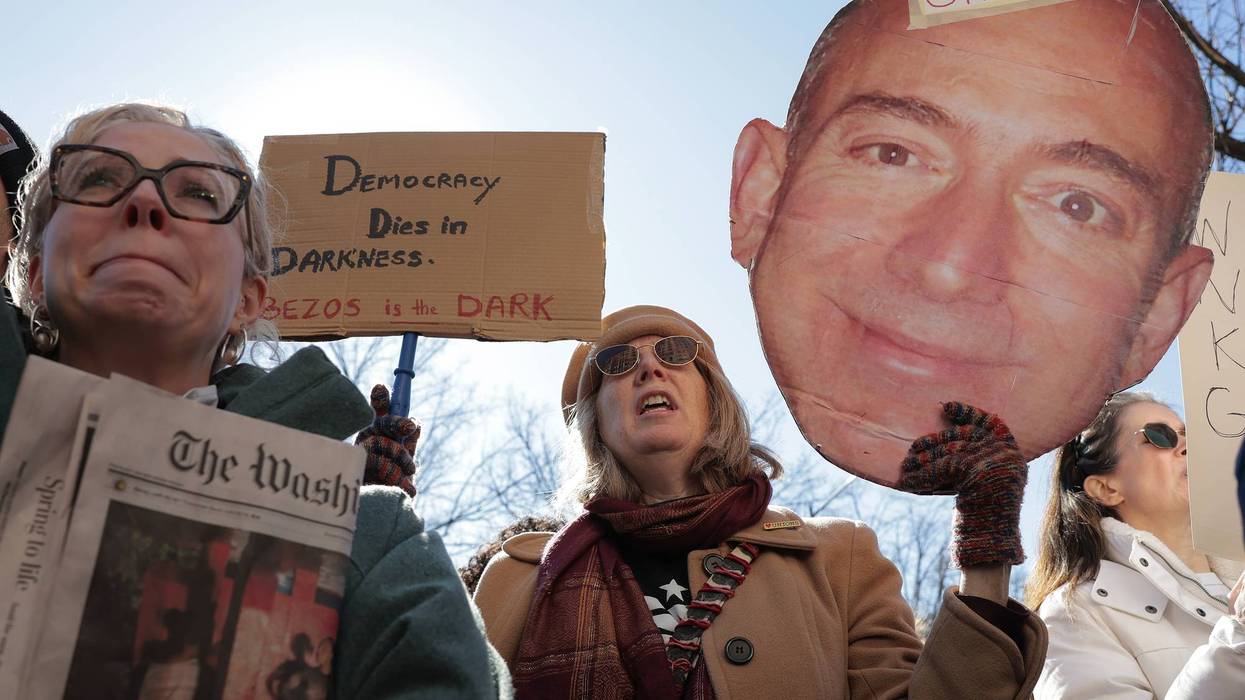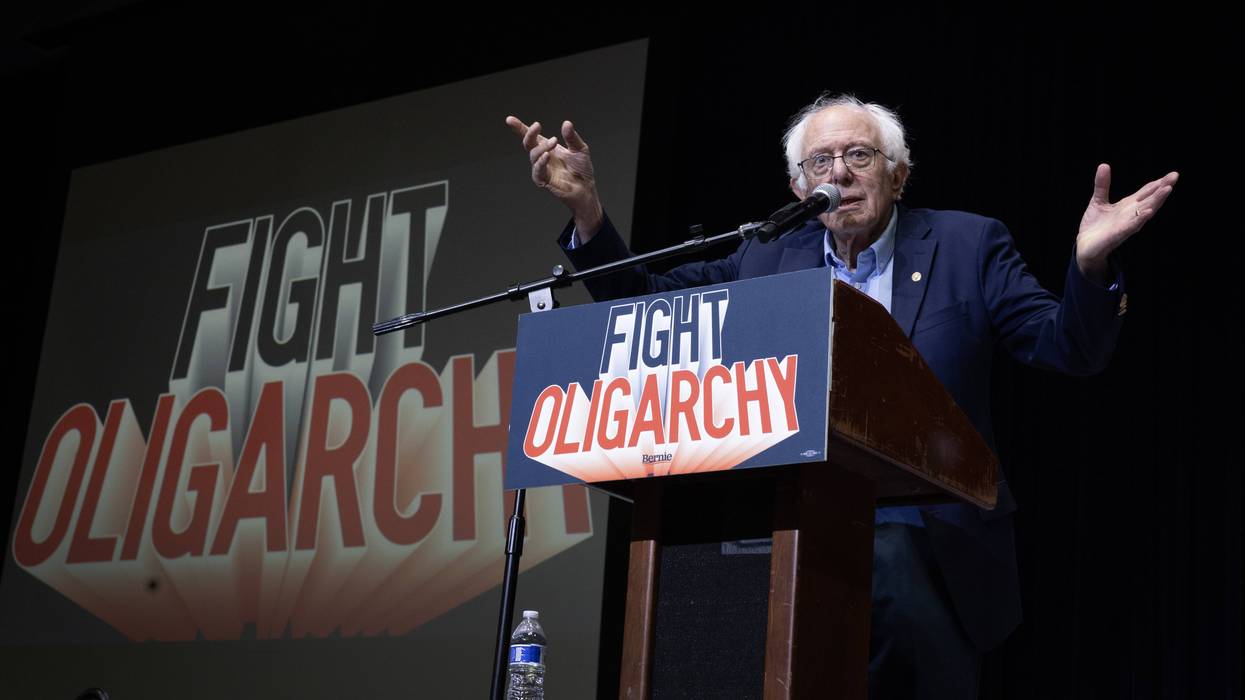President Trump: Give Back the Money and Stop Grabbing More
The White House and Congress can and should provide relief to American families who bore the costs of these illegal tariffs. The administration has the responsibility to design such relief. You took the money illegally; now you should return it.
President Donald Trump, you took funds from the American people that were never yours to take. Give them back, and end the abuse of power.
Friday, the Supreme Court confirmed what many of us argued from the beginning: Your sweeping tariffs were an unlawful overreach of executive power. The Constitution gives Congress, not the president, the authority to set tariffs. Yet you invoked emergency powers you do not have, in response to a supposed national emergency that does not exist. This was a power grab, and the court said so.
President Trump, your tariff regime was illegal, unfair, and detrimental to the American people. You also grossly misrepresented the facts to the American people by claiming that foreign countries were paying. They were not. American families paid.
Over the past year, roughly $140 billion in tariff revenue was collected at US ports. Economists at the Federal Reserve Bank of New York, the Kiel Institute, and other independent research institutions reached the same conclusion, that the burden of the tariffs fell overwhelmingly on American importers, businesses, and consumers. Foreign exporters barely reduced their prices, so the tariffs were passed on to Americans and have shown up as higher prices for consumers and businesses.
President Trump, you asked Americans to believe that you stood with working people. Instead, you imposed illegal taxes on them and gave large tax cuts to the richest Americans.
During the past year, on average, American households paid roughly $1,000 or more. For families living paycheck to paycheck, that is not abstract. That is rent stretched to the breaking point. That is groceries rising in price while wages fail to keep up. The working-class Americans who believed your promises were the ones who bore the cost of this power grab.
Each claim you made in favor of the tariffs was unsound and proven to be so. You said that the tariffs would slash the trade deficit. This was wrong because the US trade deficits reflect the low US saving rate, and especially the large US budget deficits. In fact, the US goods deficit in 2025 was $1.241 trillion, worse than the 2024 deficit of $1.215 trillion. You said that you would restore manufacturing jobs. Yet employment in manufacturing in January 2026 was 12.590 million, compared with 12.673 million in January 2025, a decline of 83,000 jobs year over year.
At the same time, you championed and extended tax cuts that disproportionately benefited the wealthiest households and large corporations. Independent studies have repeatedly shown that the largest permanent gains from those tax cuts flowed to the top of the income ladder. Your administration’s approach has effectively given tax relief for the rich, covered in part by regressive tariffs hitting the working class and poor. And much of your tax cuts are paid for by red ink, debts pushed into the future, that will be borne by today’s young people in later years.
Working families have paid more at the checkout counter. Wealthy households have received large tax cuts. And young Americans have been burdened with more debts.
And now comes insult added to injury. Following the Supreme Court’s ruling, Treasury Secretary Scott Bessent made clear the administration’s position. Speaking at the Economic Club of Dallas, he said, “I got a feeling the American people won’t see it,” referring to the prospect of tariff refund checks. He instead dismissed refunds as “the ultimate corporate welfare,” arguing that any repayments would go to importers rather than consumers.
The White House and Congress can and should provide relief to American families who bore the costs of these illegal tariffs. The administration has the responsibility to design such relief. You took the money illegally; now you should return it.
Astoundingly, in response to the Supreme Court decision, you have just announced a new across-the-board 15% tariff under Section 122 of the Trade Act, this time supposedly justified on emergency balance-of-payments grounds. Section 122 might possibly give you the temporary authority, for up to 150 days, to impose such a tariff in response to serious balance-of-payments difficulties. Here too, your authority is doubtful because the US is not in a balance-of-payments crisis. Yet even should the courts find that you have the authority, you should not use it.
A 15% across-the-board tariff will simply continue the same regressive tax on the American people that you illegally implemented with the claim of emergency powers. It would once again mean higher prices on food, clothing, electronics, building materials, and countless everyday essentials. It would once again fall hardest on working families who spend the largest share of their income on such goods.
An unlawful regressive tax cannot be remedied by replacing it with a possibly lawful and temporary regressive tax. It’s quite possible that the 15% tariff will be struck down too.
The United States needs real tax reform. Our tax code has become a distorted mess, shaped over decades by presidents of both parties to favor capital over labor, wealth over work, and obscurity over fairness. The tax code needs progressivity. It needs to close loopholes that allow the wealthiest Americans and multinational corporations to avoid paying their fair share of taxes, especially in an era when eleven Silicon Valley centibillionaires have $2.6 trillion in personal wealth.
Working Americans are not props in a political narrative. They are parents choosing between medical care and rent. They are families who were told someone else would pay, only to discover the higher prices in their own shopping carts.
President Trump, you asked Americans to believe that you stood with working people. Instead, you imposed illegal taxes on them and gave large tax cuts to the richest Americans. Now your Treasury secretary says the government will keep the money you took, and you have promised to continue to take this money in a different way.
Return the $140 billion that was taken under unlawful authority. Do not impose a new 15% tax on American households. Fix the tax code honestly and transparently through Congress.
The Constitution demands accountability. Justice demands restitution of the funds and an end to your tariff grab. The American people deserve better.


